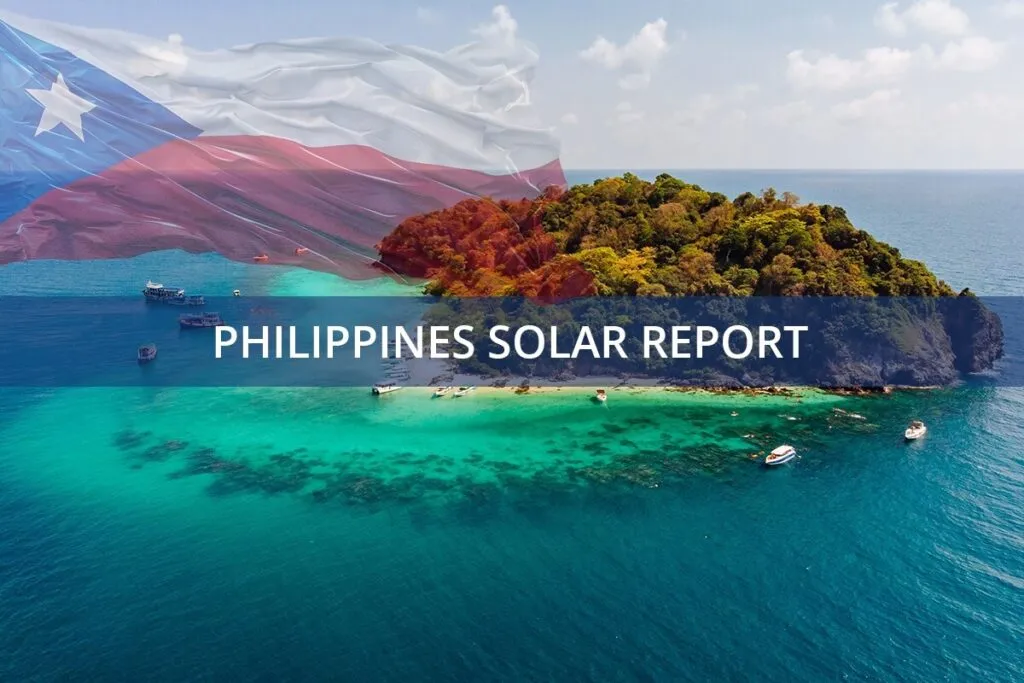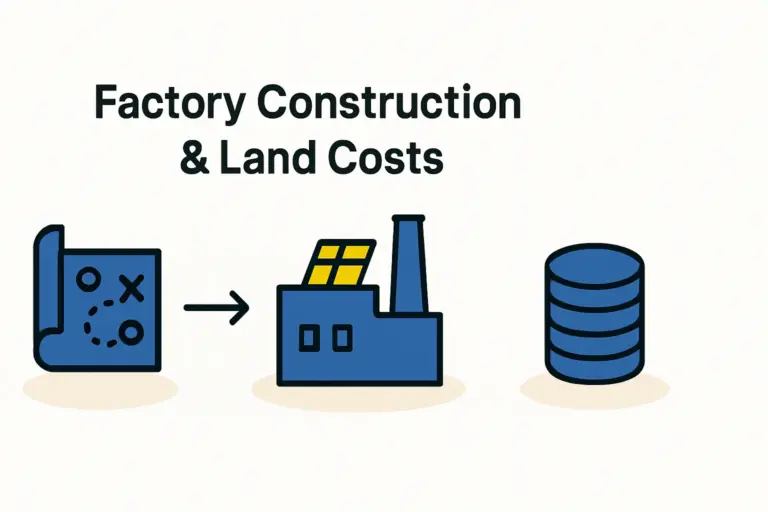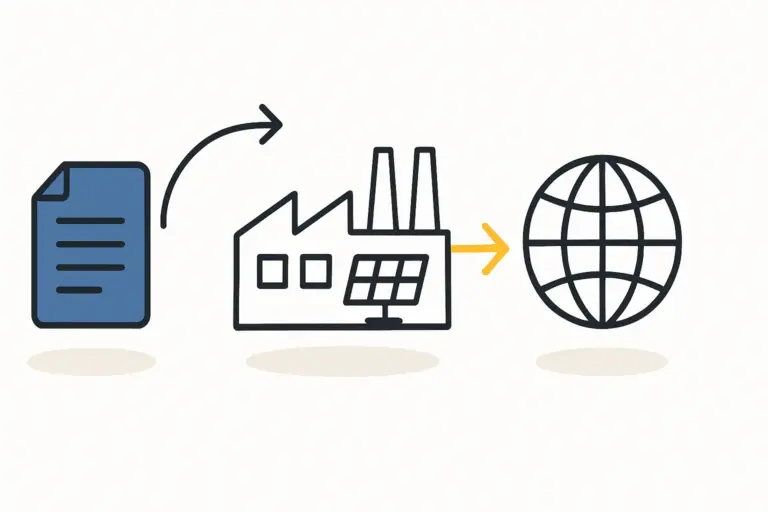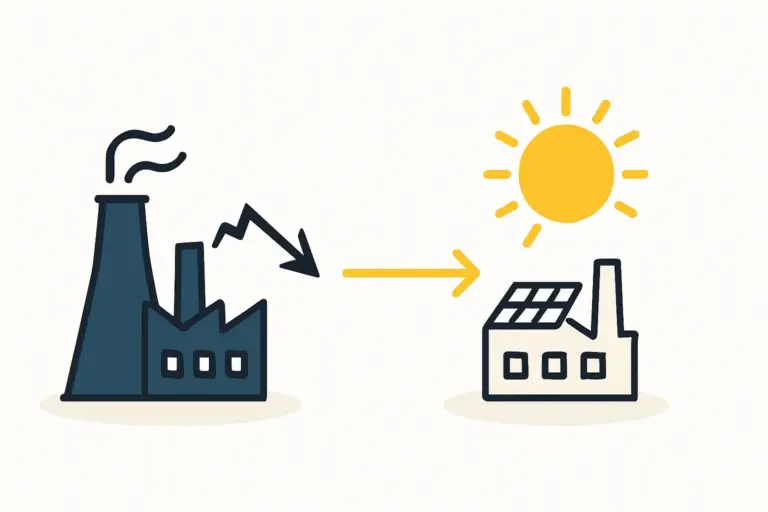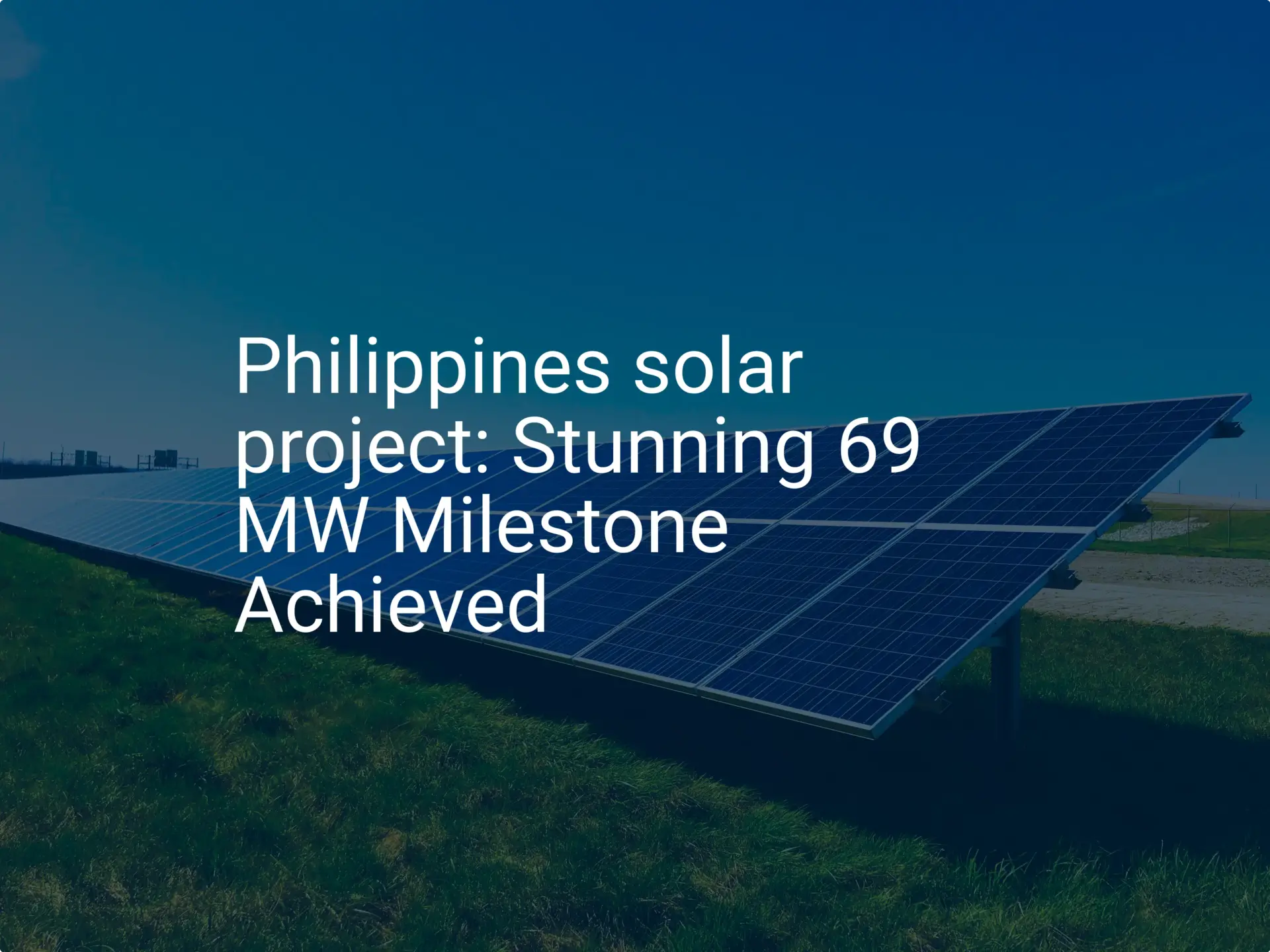An entrepreneur planning to build a solar module manufacturing facility in the Philippines faces a critical decision: whether to register with the Philippine Economic Zone Authority (PEZA) or the Board of Investments (BOI).
Both government bodies offer substantial incentives to attract foreign capital, but they cater to fundamentally different business models. Understanding the nuances between them is more than a bureaucratic step; it’s a strategic decision that will shape the enterprise’s financial structure and market focus for years to come.
While incentives for solar manufacturing exist globally, the Philippines presents a unique choice between these two distinct pathways. This guide provides a clear framework for evaluating which option best aligns with a new manufacturer’s objectives.
The Core Distinction: PEZA and BOI Mandates
At their core, the two agencies serve different national economic goals, a distinction that directly influences the type of business they support.
The Philippine Economic Zone Authority (PEZA) focuses primarily on promoting export-oriented manufacturing and services. Its key requirement is that registered enterprises must export a minimum of 70% of their total production. In return, PEZA offers a highly streamlined operating environment within designated special economic zones.
The Board of Investments (BOI) has a broader mandate to encourage investments in preferred industries that serve both domestic and export markets. It provides flexibility in factory location and imposes no minimum export requirement, making it suitable for businesses aiming to supply the growing local demand for solar energy.
These incentives are governed by national policy, specifically the Corporate Recovery and Tax Incentives for Enterprises (CREATE) Act and the Strategic Investment Priority Plan (SIPP), which lists renewable energy component manufacturing as a priority sector.
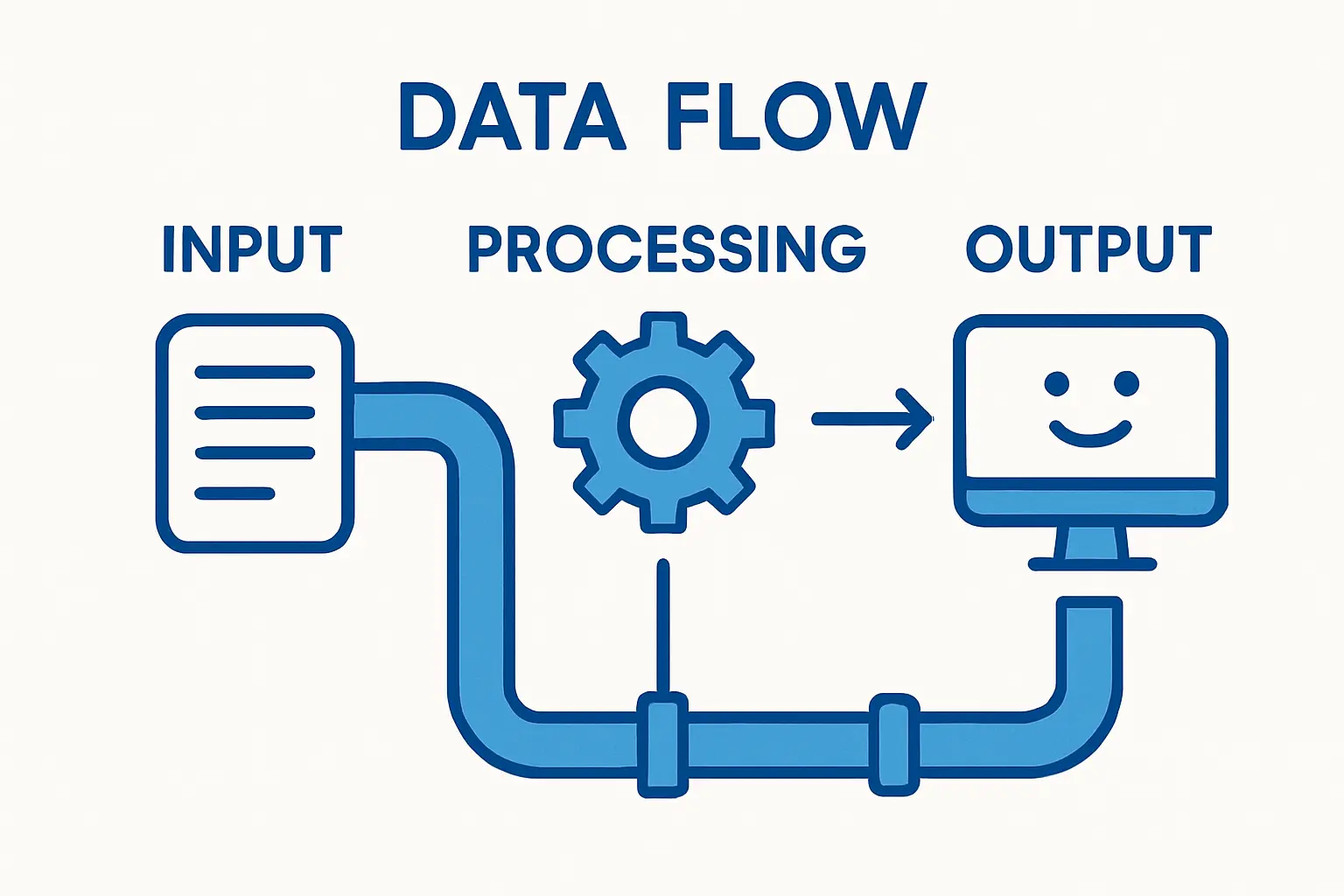
A Head-to-Head Comparison of Fiscal Incentives
For a prospective solar module manufacturer, the financial benefits are a primary consideration. Here’s a breakdown of the key differences in the incentives offered.
Income Tax Holiday (ITH)
The Income Tax Holiday is a period during which a new enterprise is exempt from paying corporate income tax. It’s a significant initial benefit for any capital-intensive venture.
- PEZA: Offers an ITH of four to seven years.
- BOI: Offers an ITH of four to six years.
While similar, the potentially longer ITH under PEZA can provide an extended period of tax-free profitability, allowing for a faster recovery of initial investments.
Post-ITH Tax Regime: The Critical Long-Term Difference
What happens after the ITH expires is arguably the most important factor in this decision.
- PEZA: After the ITH period, registered enterprises are subject to a 5% Special Corporate Income Tax (SCIT) on their Gross Income Earned (GIE). This is calculated as gross sales less direct costs like raw materials, manufacturing overhead, and direct labor. This preferential rate is a powerful long-term advantage.
- BOI: Once the ITH concludes, a BOI-registered company transitions to the standard Corporate Income Tax (CIT) rate applicable to all domestic corporations.
For a manufacturer with high sales volume, the 5% SCIT offered by PEZA can result in substantially lower long-term tax liabilities compared to the full CIT rate under BOI.
Import Duties and VAT on Equipment and Materials
The significant investment required for capital equipment makes tax and duty exemptions a crucial factor in managing start-up costs.
- PEZA: Allows tax and duty-free importation of capital equipment, spare parts, and raw materials. It also offers VAT zero-rating on local purchases of goods and services, which simplifies the supply chain and improves cash flow.
- BOI: Offers tax and duty exemptions on imported capital equipment and spare parts. It also provides a VAT exemption on importation and VAT zero-rating on local purchases of capital equipment. However, its exemptions on raw materials may be less comprehensive than those under PEZA.
Location and Operational Requirements
This non-negotiable logistical constraint is often the deciding factor for an investor.
- PEZA: Registration requires the factory to be located within a designated PEZA special economic zone. While this may limit options, these zones offer superior infrastructure, streamlined customs procedures, and a one-stop shop for administrative matters.
- BOI: Provides complete flexibility. An investor can set up their factory anywhere in the country. This freedom allows for optimization based on proximity to ports, labor pools, or the domestic target market.

The Strategic Choice: Export Focus vs. Domestic Market
The decision between PEZA and BOI registration ultimately hinges on the intended market for the solar modules.
Choose PEZA if your business model is primarily export-oriented. If the plan is to manufacture modules in the Philippines and ship at least 70% of the output to international markets, PEZA is the logical choice. The long-term 5% SCIT and streamlined export logistics within the zones are designed specifically for this model.
Choose BOI if your business model includes a significant focus on the Philippine domestic market. If the goal is to supply local utility-scale projects, commercial installations, or residential distributors, the BOI’s flexibility is essential. It allows the enterprise to sell 100% of its output domestically without penalty.
Based on experience from J.v.G. turnkey projects, this strategic alignment of the business plan with the incentive structure is a cornerstone of a successful market entry.

Frequently Asked Questions (FAQ)
What is the CREATE Act and how does it affect these incentives?
The CREATE Act is a landmark law that reformed the Philippine corporate tax and incentives system. It standardized the ITH periods and post-incentive tax regimes, providing a clear and uniform legal basis for the benefits offered by both PEZA and BOI.
Is solar panel manufacturing a priority industry in the Philippines?
Yes. Under the government’s Strategic Investment Priority Plan (SIPP), the manufacturing of renewable energy components, including solar modules, is listed as a priority activity. This designation makes these enterprises eligible for the incentives discussed.
What is the application process like for PEZA and BOI?
Both agencies require the submission of a detailed project feasibility study and formal application documents. The process involves a thorough review of the business plan, financial projections, and technical aspects of the proposed manufacturing facility. A well-prepared proposal is essential for approval.
Can an enterprise register with both PEZA and BOI?
No, a company must choose to register its project with one agency. The activities and associated incentives are mutually exclusive.
A Framework for Your Decision
Choosing between PEZA and BOI is not about identifying a ‘better’ option, but about selecting the framework that aligns with your strategic vision. A manufacturer planning to leverage the Philippines as a hub for global exports will find a natural fit with PEZA.
Conversely, an entrepreneur who sees opportunity in the nation’s own rapidly growing demand for clean energy should gravitate toward the BOI. Getting this decision right at the outset establishes a solid foundation for financial planning and market strategy. It is a critical part of business planning, where understanding local regulations is as important as the technical layout of the production line.

